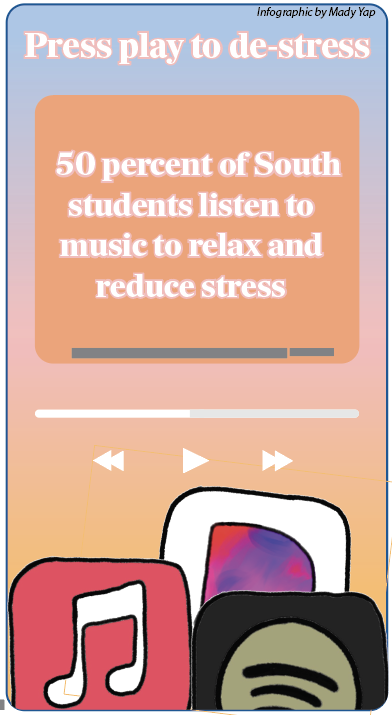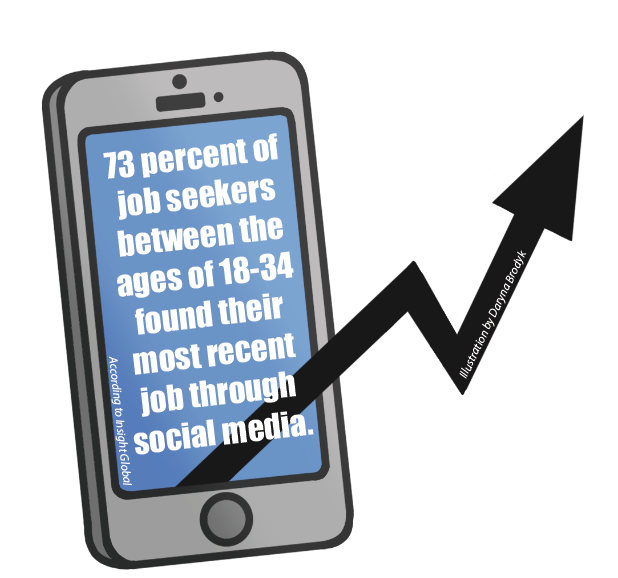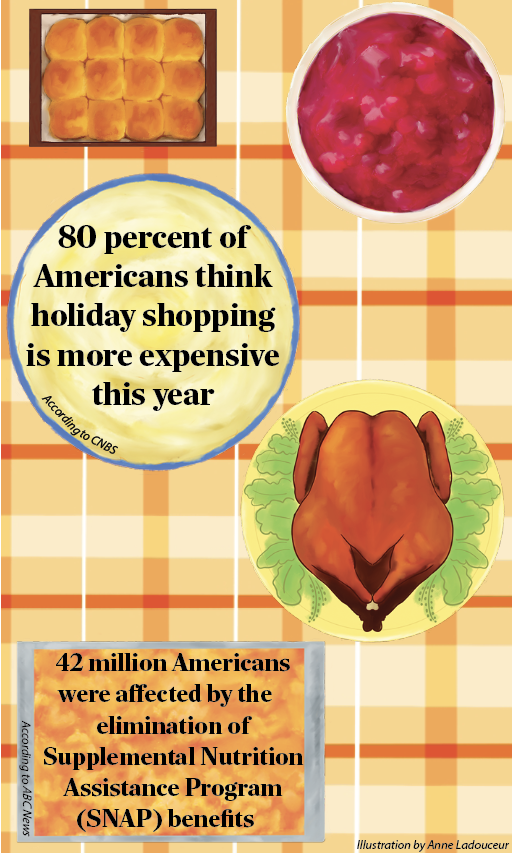On the night of my 12th birthday, I had only one wish- to have an owl fly into my room and drop a golden Hogwarts letter into my eager hands.
No matter what happened in my life, I could always open a book and disappear into its world. At school, I wasn’t sitting in chemistry, I was snickering in potions with Ron.
I wasn’t sitting in my room in Glenview doing homework, I was in the Gryffindor common room by a crackling fire, studying for History Of Magic with Hermione.
And I was never sleeping in my bed, I was sleeping over at The Burrow, planning my next prank with Fred and George.
The first time I picked up a Harry Potter book, I was filled with childish skepticism over something I hadn’t heard much about until eventually I read and reread every single chapter and craved more. A perfect world. Where the good guys always win, magic is more real than anything you’ve seen before and relationships are everything they are supposed to be, simple and loving.
The Weasley family is an example of the love that is shared in the books. They have six children and barely enough money to live comfortably but somehow they still manage to love each other more than any other characters in the books.
Harry Potter is one of the most relatable characters for children. You don’t have to be an orphan to relate to him, you don’t even have to be a wizard.
You simply have to believe in things that you can’t see and never lose hope of an ideal world.
Harry wasn’t a perfect student, yet he still became the hero in the end. This let little me know that even if I get a D in math, I could still be someone great in the future.
Harry grew up in a horrible family but never lost hope of a real family that loves him back and has smiles going all around. This teaches the most important lesson the books offer, always have hope. Despite what happens, if you don’t lose your hope, your dreams will happen.
Nothing immerses readers better than descriptions of food.
Hot Butterbeer at Hogs Head, pumpkin pasties from the trolley, rock cakes with tea at Hagrids and drumsticks in the great hall. The culinary descriptions in the books are beyond mouth-watering and so descriptive that the reader can sometimes taste saltiness or spice on their tongue.
The main goal of a fictional author is to fully immerse the reader in their world and J.K. Rowling accomplishes that through her delicious descriptions of every food imaginable. She can describe a snowy Christmas day better than anything I’ve ever read before, the crunching snow and cold cheeks from a snowball fight. I can feel my cheeks grow red as I write this.
Harry Potter teaches countless lessons in an understandable format. From the importance of true friendship, bravery, and true love, the relatable characters become translations of humanity’s very best features.
Hermione teaches the importance of always being yourself, no matter what people may say about you. , Ron teaches that it is not necessary to be the center of attention to succeed. And, Harry, that bravery will always benefit you in some way.
These lessons are among some of the most important to be taught to growing children. Carefully embedded into every scene, the lessons are expressed to every reader, whether they are looking for wisdom or not.
The headmaster of Hogwarts School of Witchcraft and Wizardry, Albus Dumbledore, once said to Harry Potter: “Words are, in my not-so-humble opinion, our most inexhaustible source of magic. Capable of both inflicting injury, and remedying it,” (Harry Potter and the Deathly Hallows, 576). The words of Harry Potter have encapsulated my childhood and made it the very best it could have been and I, and many others, would not be the people we are today without them.








